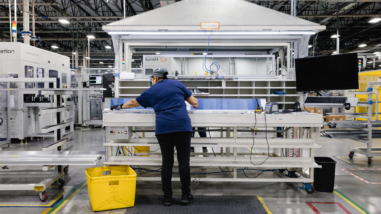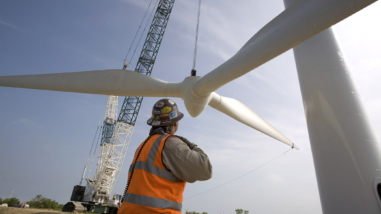Great Plains Institute for Sustainable Development
For Carbon, Capture, And Storage (CCS) Short Term Strategy
-
Amount$290,750
-
Program
-
Date Awarded5/19/2015
-
Term6 Months
-
Type of SupportProject
About the Grantee
Grantee Website
betterenergy.org



